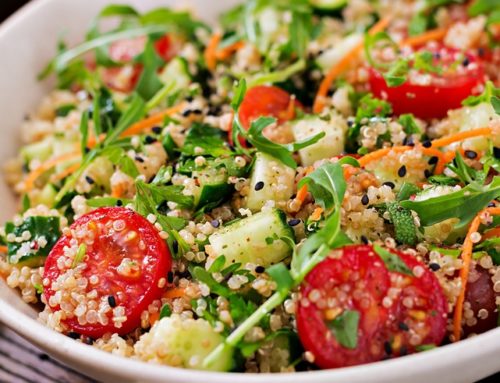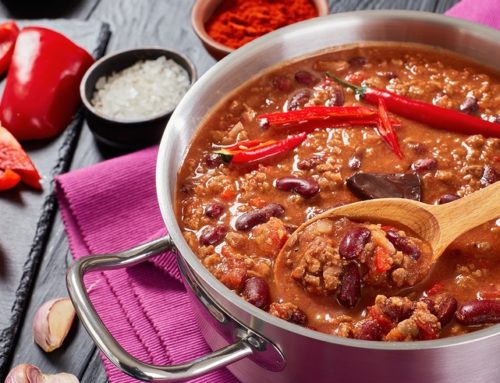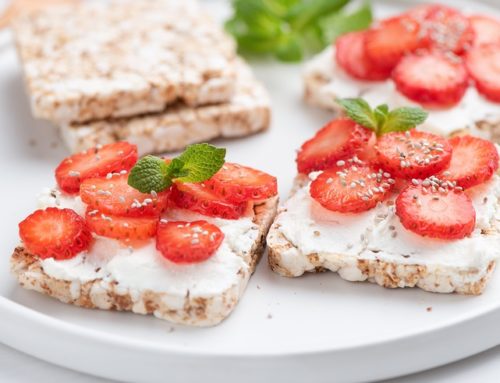Did you know that there are over 100 trillion microorganisms that live inside your intestines? These creatures, though small in size, have a tremendous impact on your health and the way your body responds to the food you eat.
Of the trillions of bacteria that reside in the gut, only some of them have positive effects on your health. Recent studies have shown that the type of foods that you consume can alter signals sent from the gut to the brain that impact stress and anxiety, metabolism, and overall health.¹,² Poor food choices, such as eating highly processed items that are high in sugar or refined carbohydrates, can feed the “bad” bacteria in the gut. This increases one’s risk of obesity and chronic inflammation, and can lead to poor appetite regulation.¹,³ “Gut-healthy” foods can help reduce these risks, so focusing on diet is key!
There are many ways you can build a healthier gut microbiota based on the foods you consume. Focusing on a plant-based diet is one of the first steps you can take to feed the “good” bacteria inside of you. The types of foods to target can be broken down into two main categories: prebiotics and probiotics. Prebiotics are full of fiber, and include foods such as oatmeal, greens, berries, walnuts, and flax seeds. Probiotics are bacteria or yeast that are inside foods such as yogurt, kefir, fermented soy products, cheese, kimchi, kombucha, and many others. Probiotics feed on prebiotics, so incorporating both into your diet is crucial! For breakfast, try adding a couple tablespoons of yogurt or kefir to your oatmeal. Pair a handful of walnuts with an apple for a mid-afternoon snack. Top the day off by incorporating leafy greens – including kimchi! – into your lunch and dinner. Stay tuned for new recipes coming soon!
By incorporating some of these prebiotics and probiotics into your daily routine, you will help feed the friendly bacteria inside your intestines, and kick your energy burning microbes into gear. The healthier the gut, the closer you will become to reaching your weight loss goals!
Resources:
1. Kobyliak N, Virchenko O, Falalyeyeva T. Pathophysiological role of host microbiota in the development of obesity. Nutrition Journal. 2016; 15:43.
2. Schmidt K, Cowen PJ, Harmer C, et al. Prebiotic intake reduces the waking cortisol response and alters emotional bias in healthy volunteers. Psychopharmacology. 2015; 232: 1793.
3. Boulangé C, Neves AL, Chilloux J, Nicholson J, Dumas ME. Impact of the gut microbiota on inflammation, obesity, and metabolic disease. Genome Medicine. 2016; 8:42.
Additional Links:
Check out Morgan’s video titled Uncovering Probiotics for more information.





